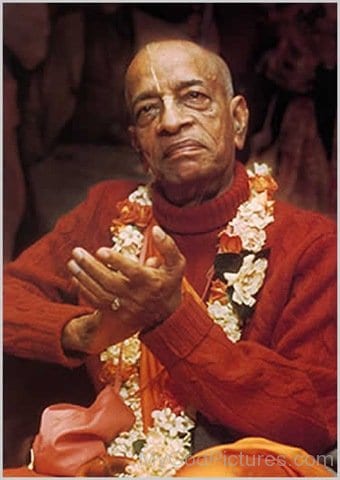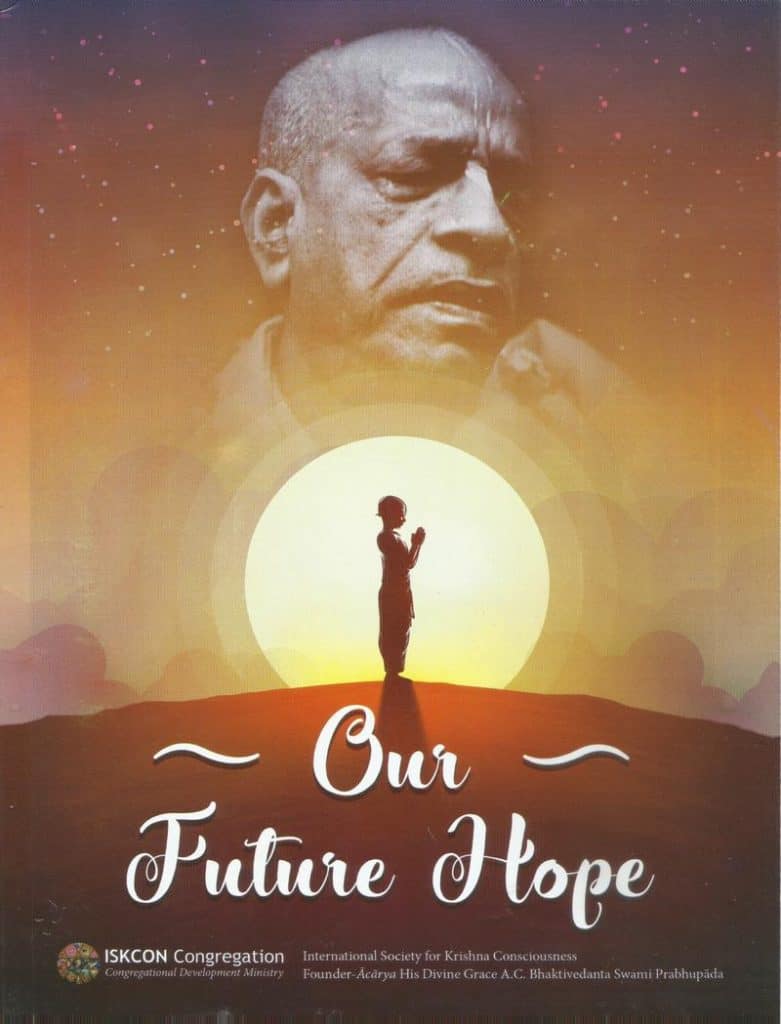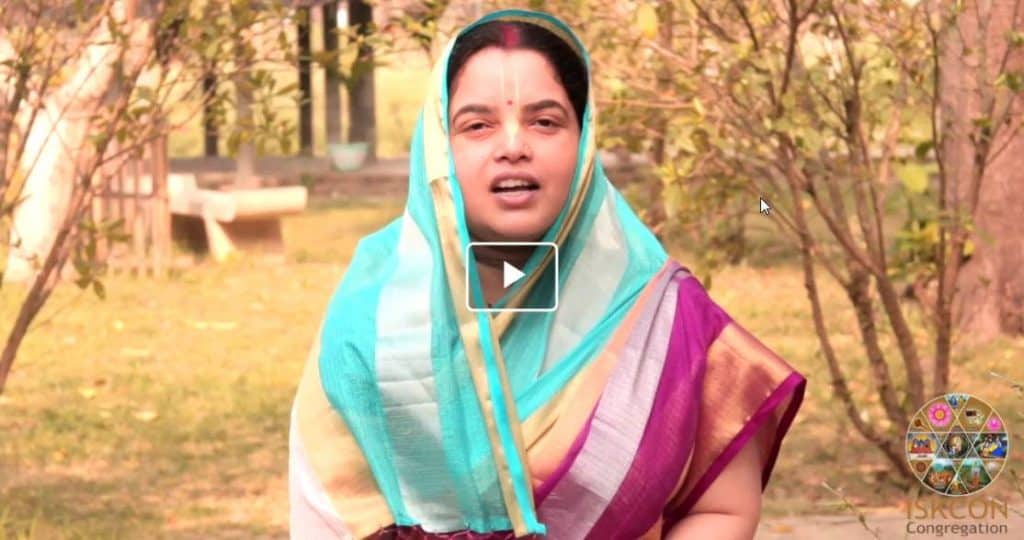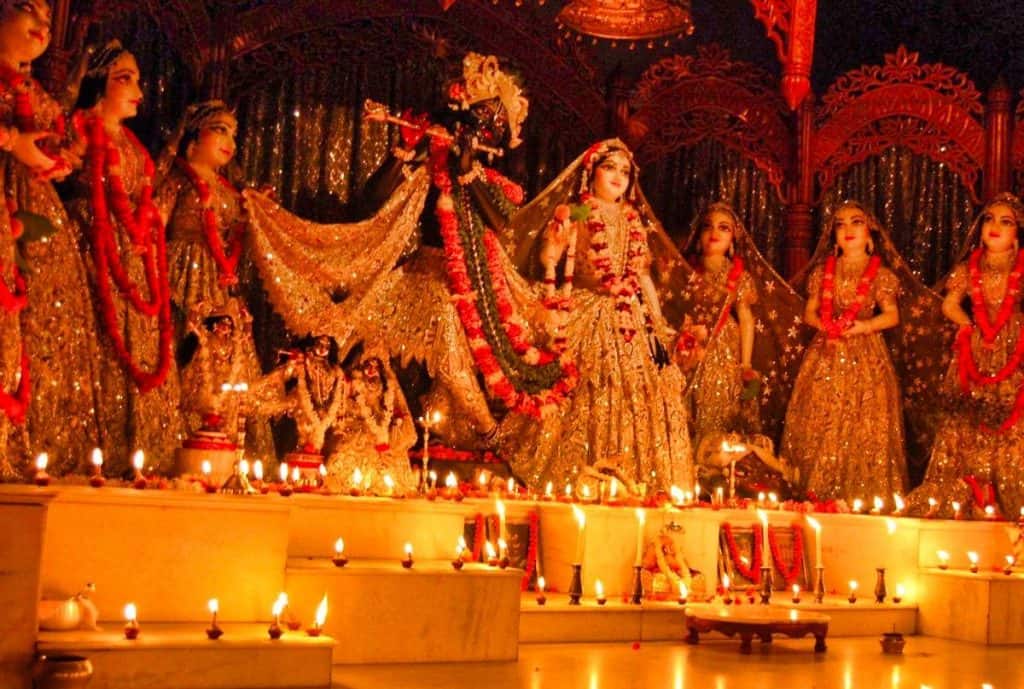
You are probably in lockdown – and feeling uneasy about it.
Srila Prabhupada also experienced a forced quarantine. And he didn’t like it a bit.
Syamasundara das tells the story:
“I went down to the East African Airlines ticket counter in Nairobi [Kenya] and bought the tickets. We got on the plane, and we flew to India. We got off the plane in Bombay, and the first person we met was the health officer, and he said, ‘Can I see your yellow fever inoculation cards, please?’ I looked at Prabhupada, and I said, ‘I don’t have one. We don’t have one.’ I told the man, ‘We don’t have one.’ And the guy said, ‘Oh, then you will have to go into quarantine” . . . Here we were. We could either get back on a plane and go back to Nairobi, or we could go out to a prison-type place with screened windows and be in quarantine for two weeks. And no matter how I ranted and raved, they wouldn’t back down. They said even if Indira Gandhi didn’t have her yellow-fever shot from Africa she couldn’t get in.”
The Srila Prabhupada Lilamrita also mentions the incident:
“mmigration officials had denied Prabhupäda entry into India, quarantining him at the Bombay airport hospital for ten days. Confined to a suite with an adjoining veranda overlooking a garden, Prabhupada had resigned himself to a more limited sphere of activity.”
Bhavananda das, also locked up with Srila Prabhupada and Syamasundara, shares more details:
“When we arrived at the Bombay airport, the officials put Prabhupada in quarantine in a little hospital near the airport. I stayed with him, and the two of us were the only ones there . . . . In the middle of the night Prabhupada would pace up and down the veranda and chant while I slept in the next room. Once, about three in the morning, I heard him say, ‘Bhavananda, Bhavananda?’ Still half-asleep, I went to him. Prabhupada was furious. He had decided he wanted to go out into the little garden in front of the hospital, but a guard stopped him. He wasn’t allowed out, because they feared that a mosquito would bite him, pick up the yellow fever if he had it, and spread it around. Prabhupada angrily said, ‘Do something, do something.’ What could I do? I was a pipsqueak. Yet he was insisting, ‘Do something. They have trapped me here. I have never been able to be confined. I cannot stand to be confined. It’s like a bird in a golden cage. It’s a lovely building, but I can’t go outside. Do something, do something.’ I was upset that he was disturbed, but there was nothing I could do.”
That was in 1971. Years later, in January 1977, during a room conversation in Jagannath Puri, Srila Prabhupada reminisced about the unpleasant situation, comparing it to the soul being trapped in inactivity for eons in between creations:
“Some millions of years there is no creation and you’ll have to lie down – no activity . . . Is that very enjoyment, sleeping for many millions of years? Again you’ll get the light . . . . Again you are created, either as Brahma or anything nonsense. But you’ll see the light . . . Creation is suffering, but no creation is still more suffering. Just like everyone is working very hard, but in Sweden there is no day; somebody committing suicide. It is great suffering . . . One becomes mad . . . I experienced this in Bombay, that due to Syamasundara’s mistake I was detained . . . Quarantine. Simply by thinking that ‘I shall not be allowed to go out of this room…’ It is not a room; it is a big house, but still, I was feeling uncomfortable: ‘How is that? I shall not be free to go out’ . . . was actually suffering to me: ‘I cannot go out of the door.’ Simply by feeling this. I do not do practically; I sit down. But if I feel, ‘No, I cannot go out of this room,’ that’s a great suffering. Whole day, I am sitting here. That’s a fact. But I have got this intelligence that ‘I can go out as I like.’ But if you say that ‘You cannot go out,’ then it is a great suffering, psychologically.”
So, if you are also locked-down or quarantined, and you are feeling the discomfort of the confinement, you can perhaps feel some deeper connection with Srila Prabhupada, knowing that he also went through something similar.
And you can also take inspiration from the fact that Srila Prabhupada used the forced pause very productively; Syamasundara remembers:
“Prabhupada was . . . completing a lot of translating. We were getting caught up on all the correspondence . . . Nobody disturbed him for about ten days.”
The Lilamrita adds: “[E]ach morning after breakfast he had conducted a dialogue with Syamasundara about certain leading Western philosophers: Syamasundara would present a particular philosophy, and Prabhupada would discuss it in light of the Vedic view.”
Those exchanges became part of the book Srila Prabhupada entitled “Dialectic Spiritualism: A Vedic View of Western Philosophy.”
So, you may feel restrained, constrained and constricted, but remember: Srila Prabhupada, when in a similar situation, made the best use of a bad bargain.
You should too.



